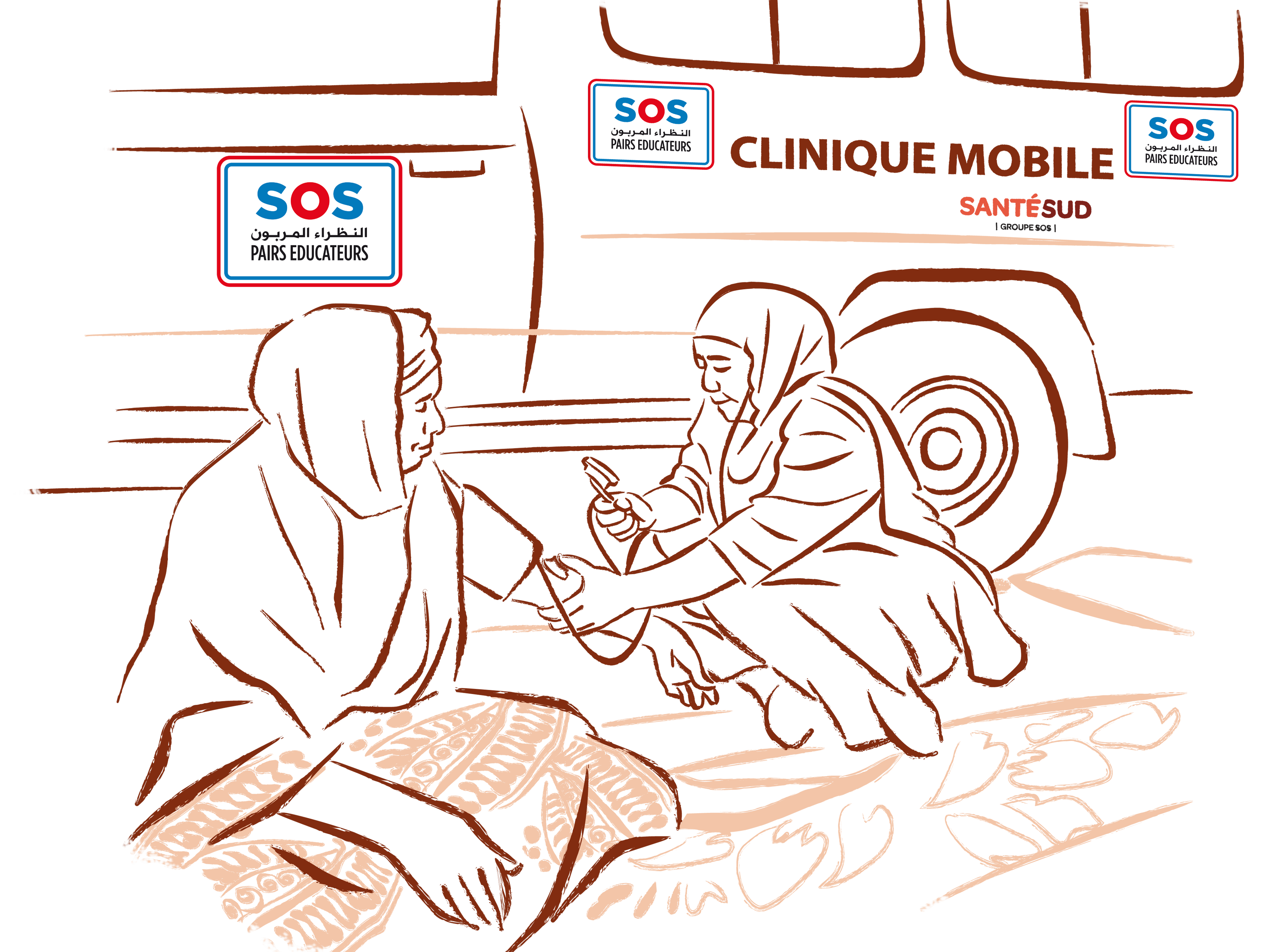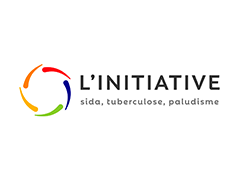Nos programmes
PasserElles
Programme actif

Impact
60
trained peer educators⸱es
+ more than 600
health professionals
whose skills will be enhanced
22000
pregnant women per year
benefiting from better care
100 000
people reached
10 000
infections screened
Diagnosis
In Mauritania, the exercise of the right to health and the elimination of HIV/AIDS, tuberculosis and malaria remain a challenge. The country is marked by high maternal and infant morbidity and mortality indicators due to HIV/AIDS, malaria and tuberculosis, often associated with gender-based discrimination and violence.
Women, children and key populations are more at risk of being carriers or of lacking preventive measures against these risks.
Although Mauritania’s goal of eliminating mother-to-child transmission by 2030 is achievable because of the low prevalence rate, measures to prevent mother-to-child transmission of HIV (PMTCT) are poorly applied by health professionals, whose practices reveal many missed opportunities for disease prevention.
Despite 81% of the population being familiar with the symptoms of tuberculosis, more than a third of patients who have not been cured are no longer on treatment and have not informed their families.
Project
The project works to promote a continuum of integrated, gender-sensitive care to strengthen the fight against HIV, sexually transmitted infections (STIs), tuberculosis, hepatitis B and malaria.
Our 1st objective is to strengthen community health services and the capacity of primary health care structures in order to improve access for women and key populations to sexual and reproductive health care and to treatment for priority diseases such as HIV and co-infections including hepatitis B, tuberculosis and malaria.
Our 2nd objective is to improve the quality of sexual and reproductive health care, including the fight against HIV/AIDS, STIs and their co-infections, including tuberculosis, and malaria.
Finally, this project incorporates a cross-cutting gender approach to promote gender equality and reduce discrimination in access to quality care for pregnant women and key populations.
Operational partners

Financial partners
